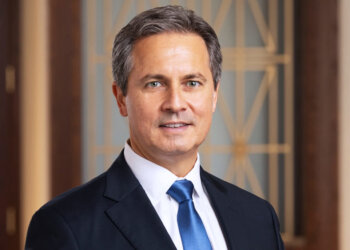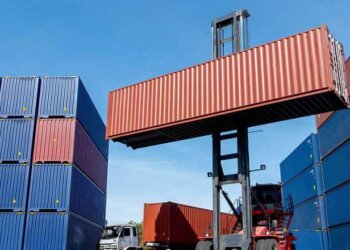European and U.S. trade negotiators gathered in Paris this week to address their ongoing tariff disputes but failed to achieve any agreements. European Trade Commissioner Maroš Šefčovič together with U.S. Trade Representative Jamieson Greer stated they are advancing their talks yet acknowledged that the remaining distance remains substantial.
President Trump has repeatedly denounced the large trade deficit between America and the EU particularly regarding automobile imports. He increased car import tariffs from 2.5% to 25% in April because he believed the EU’s 10% duty on American vehicles represented an unfair trade practice. The EU maintains that its service sector purchases from the United States create trade balance but Trump remains skeptical about this argument.
The EU proposed eliminating industrial product tariffs including automobiles through its “zero-for-zero” initiative yet Trump has not accepted this proposal. The EU maintains its position to negotiate with other parties. The EU faces challenges in negotiations because it maintains its value-added tax system and shows no intention to open its beef market.
The recent U.S. steel tariffs created market instability after their unexpected implementation last week. EU officials indicate they are developing retaliatory measures. The Paris talks show no sign of success but both parties want to prevent a complete trade war that would negatively impact worldwide economic expansion.










